China's top legislature has expressed strong dissatisfaction with and firm opposition to the United States' National Defense Authorization Act for Fiscal Year 2025, which was recently signed into law, a spokesman said on Wednesday.
Xu Dong, a spokesman for the Foreign Affairs Committee of the National People's Congress, said in a statement that the negative provisions related to China in the act continue to hype up the so-called "China threat", advocate military support to China's Taiwan region, suppress China's technological and economic development, and restrict China-U.S. economic and trade exchanges and cultural interactions.
The act grossly interferes in China's internal affairs and harms China's sovereignty, security and development interests, he said.
China has always handled Sino-U.S. relations based on the principles of mutual respect, peaceful coexistence and win-win cooperation, and has always believed that the success of both countries is an opportunity for each other, Xu said, adding that the two countries should be facilitators of each other's development rather than obstacles.
"The stable, healthy and sustainable development of China-U.S. relations is crucial not only to the people of both countries, but also to the future and destiny of humanity," he said.
The spokesman also stressed that while it is inevitable for major countries like China and the U.S. to have some disagreements, these should not harm each other's core interests or lead to conflict and confrontation.
He emphasized China's four red lines that brook no challenge: the Taiwan question, democracy and human rights, China's path and system, and China's development right.
"We strongly urge the U.S. to abandon its Cold War mentality and ideological biases, refrain from implementing the negative provisions related to China in the act, and avoid making repeated mistakes on affairs concerning China's sovereignty and core interests," Xu said.
China will take necessary measures in accordance with the law to resolutely safeguard its national sovereignty, security and development interests, he added.
Also on Wednesday, Chen Binhua, a spokesman for the Taiwan Affairs Office of the State Council, criticized the negative Taiwan-related content in the U.S.' National Defense Authorization Act, stressing that the Taiwan question is purely China's internal affair and brooks no external interference.
He said that the U.S. has insisted on putting negative Taiwan-related content into the act, attempting to further arm Taiwan and fuel tensions across the Taiwan Strait.
"The relevant moves grossly interfere in China's internal affairs, severely violate the one-China principle and the three Sino-U.S. joint communiques, send seriously wrong signals to 'Taiwan independence' separatist forces, and cause grave damage to peace and stability across the Taiwan Strait," he said, expressing strong dissatisfaction and firm opposition.
The spokesman urged the U.S. to earnestly abide by the solemn political commitments it has made to China on the Taiwan question, translate its commitment of not supporting Taiwan separatist forces into concrete actions, and immediately cease arming Taiwan.
Chen sternly warned Taiwan's Democratic Progressive Party authorities that no matter how they collude with external forces or purchase more U.S. weapons, they cannot stop the historical trend of China's reunification.
"Any attempt to take risks will only lead to their own destruction," Chen said.










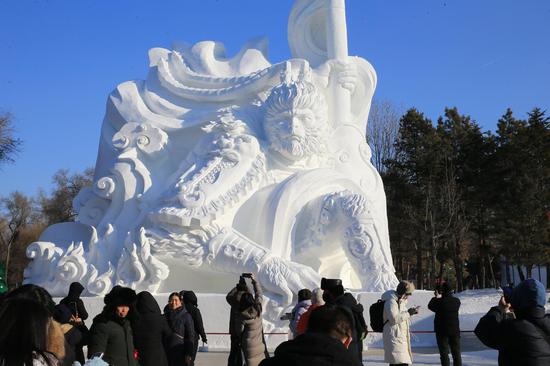










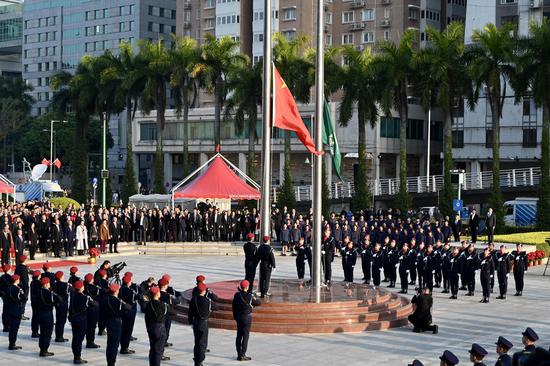
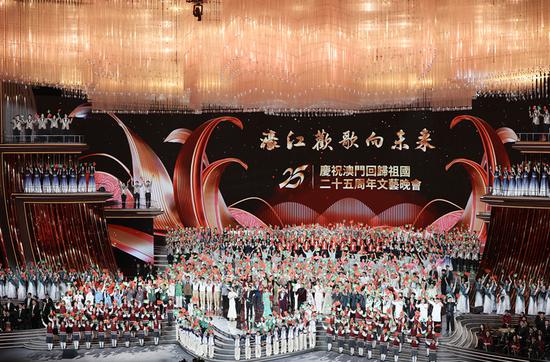
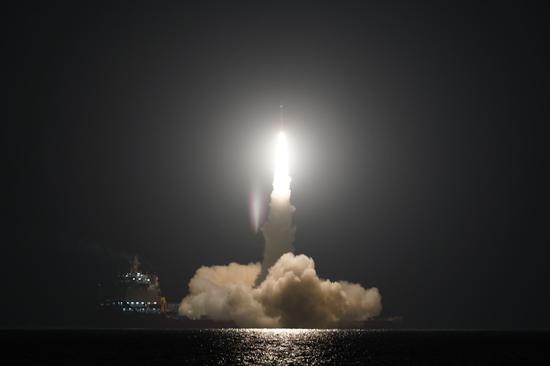


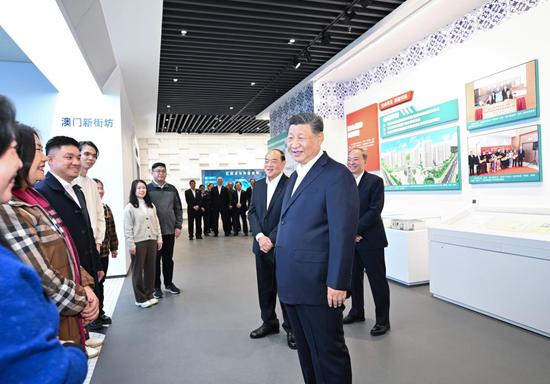




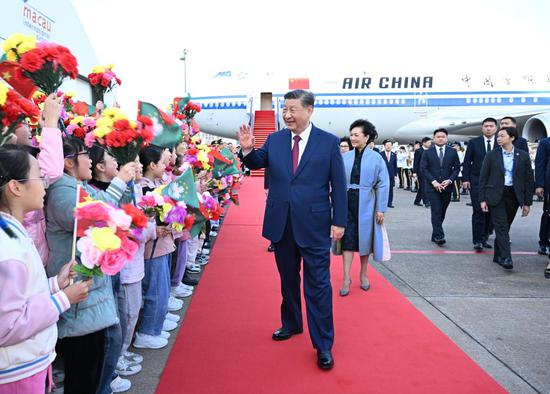


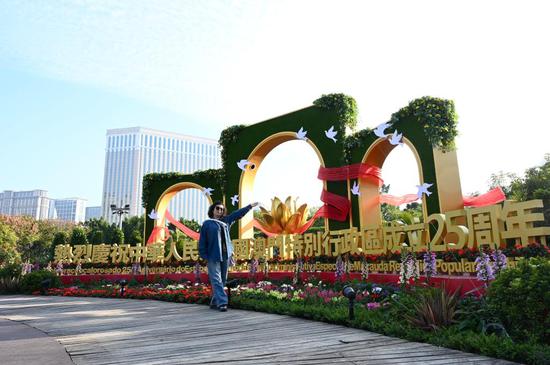



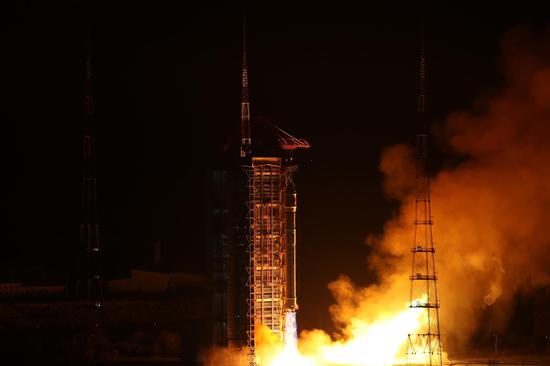









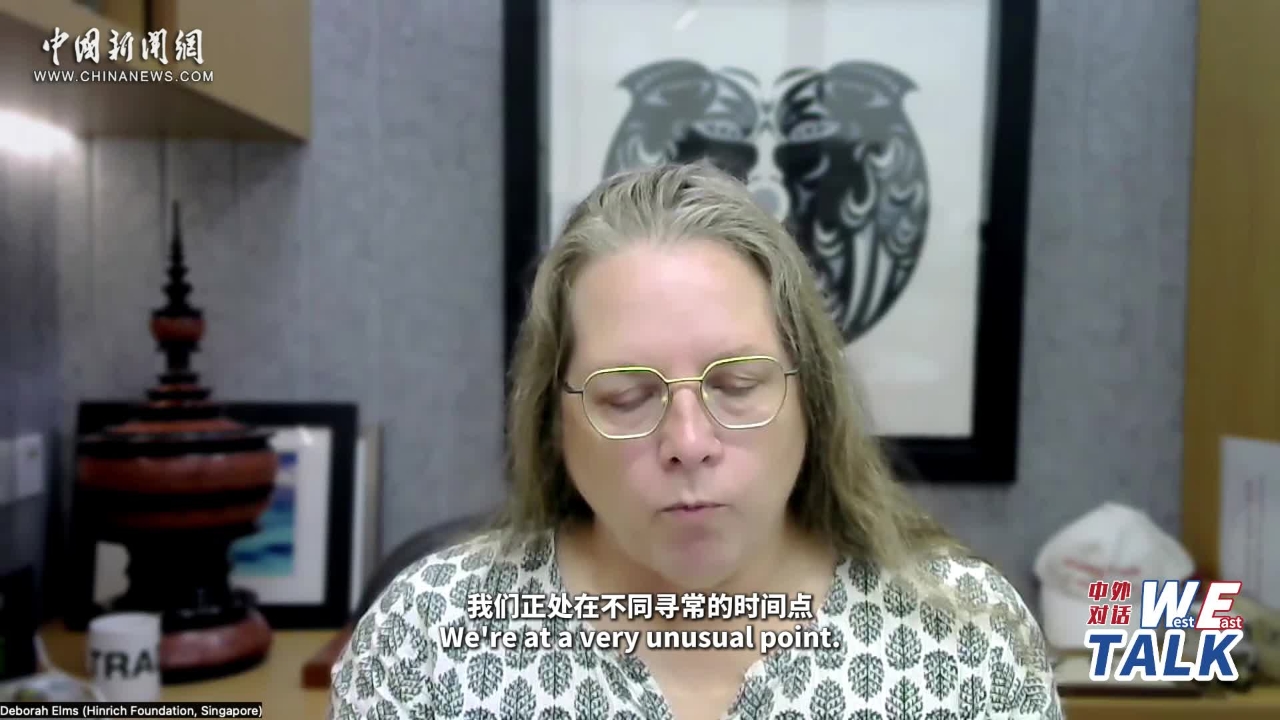

 京公网安备 11010202009201号
京公网安备 11010202009201号